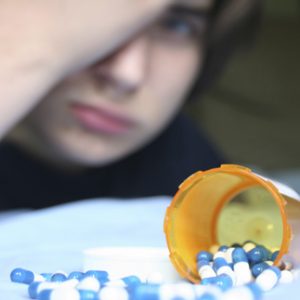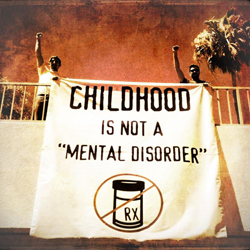
ADHD is a Fictitious Disease—In His Confusion He Blurted Out The Truth, Father Of ADHD
Patriot Update – October 23, 2013 By Bradlee Dean “ADHD is a prime example of a fictitious disease.” These were the words of Leon Eisenberg,…


Patriot Update – October 23, 2013 By Bradlee Dean “ADHD is a prime example of a fictitious disease.” These were the words of Leon Eisenberg,…

Fraudulent Information being passed off under the guise of “ADHD Awareness,” Doesn’t Deserve the Time of Day, Let Alone a Month By Kelly Patricia O’Meara…
All of the panel members that produced the American Psychiatric Association (APA)’s Practice Guideline for the Treatment of Patients with Major Depressive Disorder had numerous financial ties to drug companies that manufacture antidepressants, raising questions about the trustworthiness of the guideline, a UMass Boston researcher says.
All of the panel members that produced the American Psychiatric Association (APA)’s Practice Guideline for the Treatment of Patients with Major Depressive Disorder had numerous financial ties to drug companies that manufacture antidepressants, raising questions about the trustworthiness of the guideline, a UMass Boston researcher says.
Towards the end of May, the fifth version of the Diagnostic and Statistical Manual of Mental Disorders (DSM-V), the iconic bible of psychiatry, is coming off the presses after much revision and delay. It’s bound to keep people asking, “Am I normal or do I have a mental illness?”
If you think most diseases are established with objective criteria and rigorous debate, you’d be somewhat wrong. The DSM has a strong track record of taking clusters of symptoms and wrapping labels around them, which lead to the accelerated use of some of the most toxic medications on the planet. How does this happen?